Farmer’s Guide to Trucking Regulations available to Ohio Farm Bureau members
The guide includes a farm driver checklist, overview of state and federal regulations and exemptions, CDL qualifications and more.
Read More
It’s school time. Maybe you are like me and have a child headed off to college this week. As parents, we try to help our kids decide their career paths. As a farmer’s daughter and someone whose career is dependent on agriculture, I’ve encouraged my daughters to pursue agriculture-related careers.
I remember being in a college scholarship interview almost 30 years ago. One of the questions I was asked was with all the background I had with the dairy cattle industry, why didn’t I pursue a degree in dairy science? My response was that I believed although I would probably become a farm owner one day, there were great opportunities to support agriculture through my chosen major. Most of us would agree that agriculture is important and is needed. Agriculture provides almost everything we eat, use and wear on a daily basis, and is increasingly contributing to fuel and other bio-products.
A few generations ago, most Americans were directly involved in or had relatives or friends involved in agricultural-related endeavors. Today, that is not the case. Many people think of farmers when they think of an agricultural degree. There are many great agricultural-related colleges that help farmers farm and ranch all over the country, but a very small percentage of the American population is involved in traditional farming and ranching.
There are about 22 million people who work in agriculturally related fields. These same colleges offer more than 200 degrees that provide rewarding and challenging careers in supportive industries that help farmers farm. Agricultural careers can be divided into various categories. Agribusiness management focuses on the managerial functions performed by organizations throughout the food system. Sample job titles: commodity trader, agricultural production specialist, purchasing manager, farm owner and manager and wholesale/retail buyer.
Agricultural and natural resources communications focuses on careers in journalism, public relations and advertising. Sample job titles: marketing communications manager, district sales representative, advertising manager, reporter, editor and account manager.
Agriscience provides a foundation for careers in agricultural and natural resource industries. Career titles include agriscience educator, extension educator, farmer and human resource director.
Resource development and management focuses on policy analysis, planning, evaluation, budgeting, and program management. Sample job titles include environmental analyst or planner, solid waste coordinator and water resources specialist.
Horticulture focuses on the science and art concerned with culture, marketing and utilization of high value, intensively cultivated fruits, flowers, vegetables and ornamental plants. Job titles include retail manager, landscape designer, nursery grower and entrepreneur.
Food safety is a category that focuses on the development of new foods, investigation of new production and processing methods, and researching ways to ensure a safe, nutritious and economical food supply. Sample job titles include food technician or chemist, laboratory technician and quality control manager.
Sorry for all the lists! There are other agricultural careers that I could have added. As someone who is involved in agriculture, it has been a great reminder of the 22 million people who support America’s farmers every day by doing their job. Give agricultural degrees a second look.
Gary and I have three daughters and so far we have a teacher and a registered nurse. As our youngest heads off to college, we are excited to see what she will do. She hopes to use her passion for writing to support and promote agriculture. We are excited to see her succeed.
Written by Mary Smallsreed, a member of Trumbull County Farm Bureau, who grew up on a family dairy farm in northeast Ohio.


The guide includes a farm driver checklist, overview of state and federal regulations and exemptions, CDL qualifications and more.
Read More
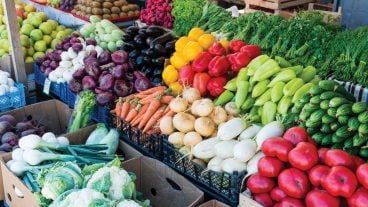
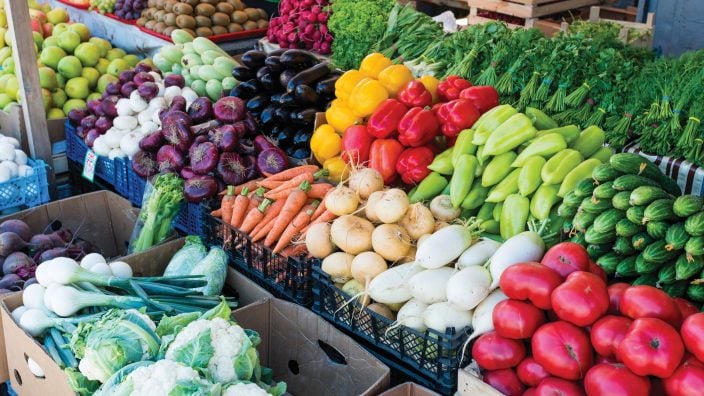
The Small-Scale Food Business Guide covers federal and state regulations for selling food products such as raw meat, dairy, eggs, baked goods, cottage foods, fruits and vegetables, honey and more.
Read More

ODA will enroll 500,000 acres into the program for a two-week sign-up period, beginning April 22, 2024, through May 6, 2024. Contact local SWCD offices to apply.
Read More

Katie Share of Columbus has been named ExploreAg and Youth Development Specialist for Ohio Farm Bureau.
Read More

Mary Klopfenstein of Delphos has been named Young Ag Professional and Ag Literacy Program Specialist for Ohio Farm Bureau.
Read More

The plan has been updated to give sole proprietors access to more rate stability and a smart solution that offers potential savings on health care.
Read More

The American Farm Bureau Federation, in partnership with Farm Credit, is seeking entrepreneurs to apply online by June 15 for the 2025 Farm Bureau Ag Innovation Challenge.
Read More

Adele Flynn of Wellington has been elected treasurer of the Ohio Farm Bureau Federation and now holds the third highest elected office in Ohio’s largest and most influential farm organization.
Read More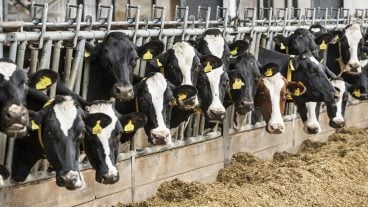
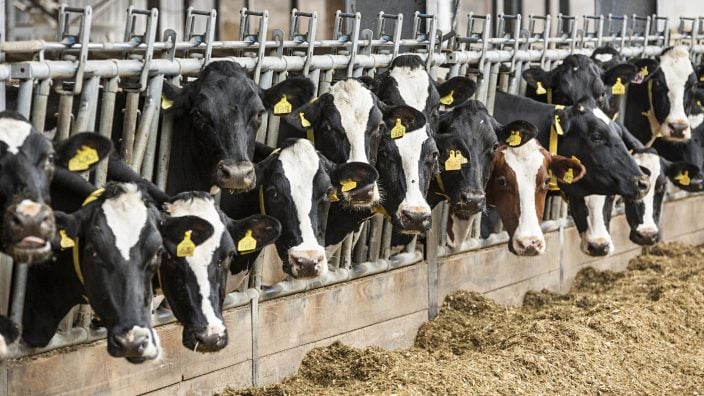
Producers are urged to work with their veterinarian to practice enhanced biosecurity measures and review and limit cattle movements within production systems.
Read More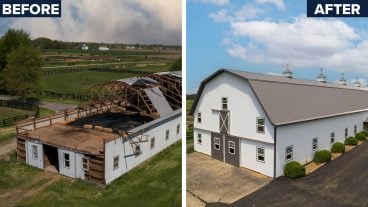
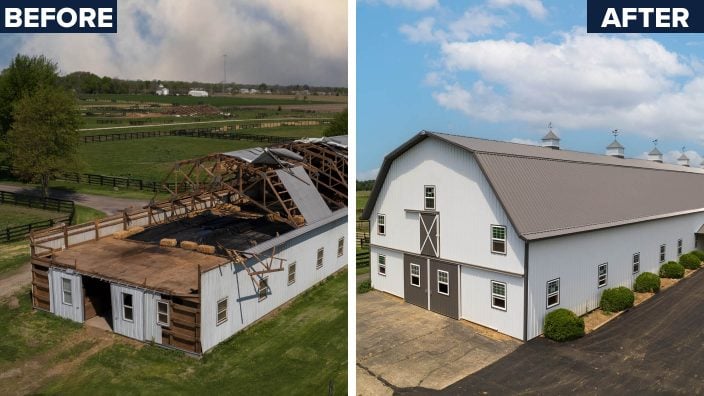
The changing seasons bring with them the need to thoroughly inspect pole barns for any damages that may have occurred during the winter months.
Read More